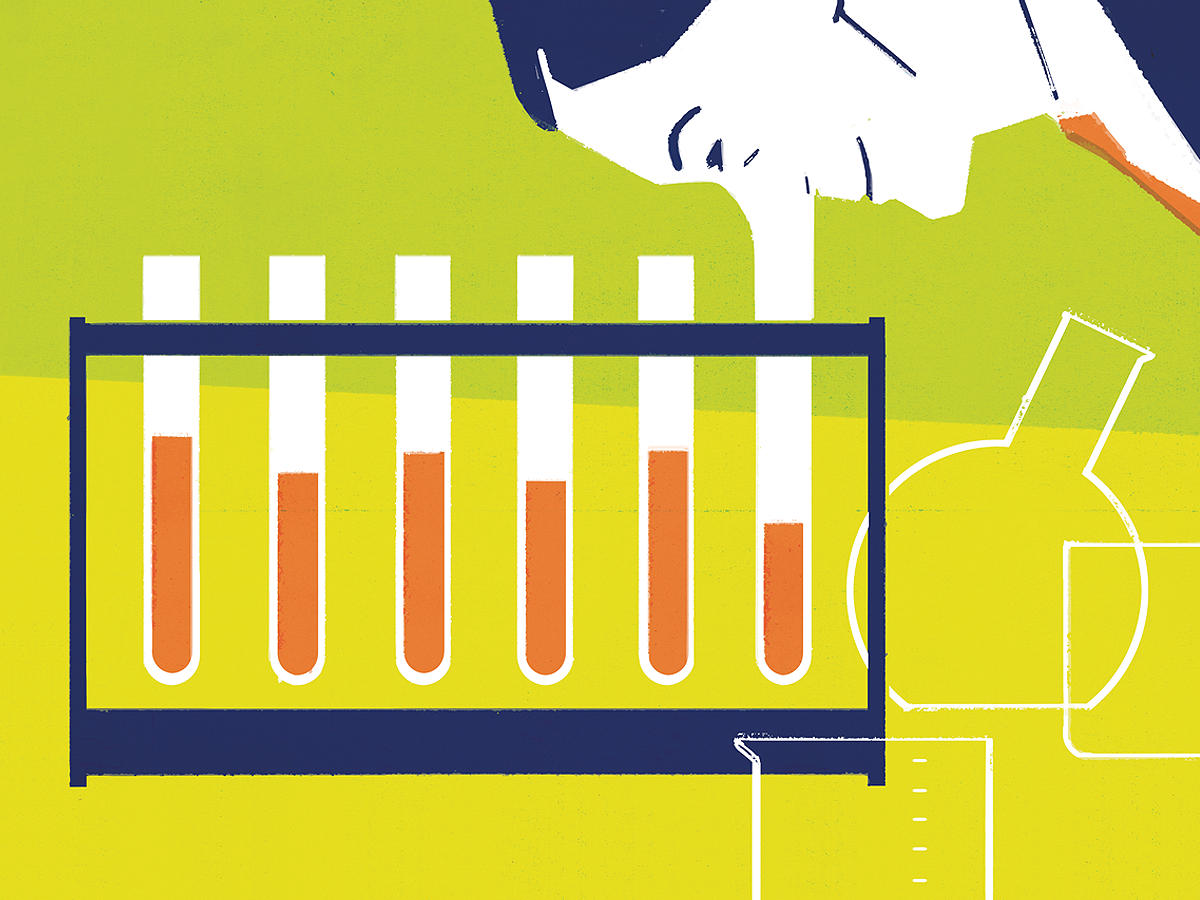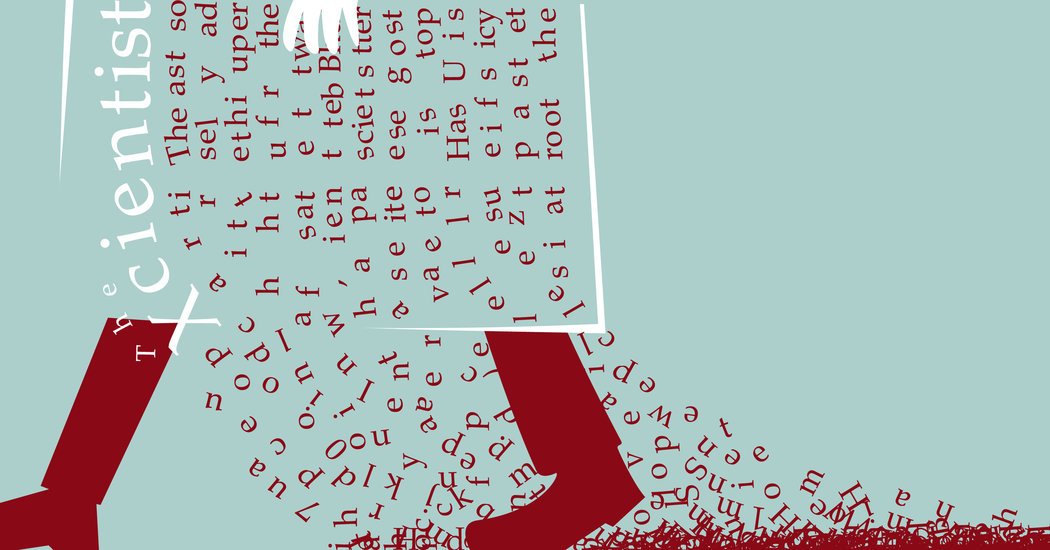Send us a link
20 Years Ago, Research Fraud Catalyzed the Anti-Vaccination Movement. Let’s Not Repeat History.
20 Years Ago, Research Fraud Catalyzed the Anti-Vaccination Movement. Let’s Not Repeat History.
How Andrew Wakefield’s shoddy science fueled autism-vaccine fears.

Researchers Have Finally Created a Tool to Spot Duplicated Images Across Thousands of Papers
Researchers Have Finally Created a Tool to Spot Duplicated Images Across Thousands of Papers
Publishers would need to join forces to apply image-checking software across the literature.
Decentralizing Science
The case for decentralized, trusted platforms for the dissemination of scientific information and attribution.
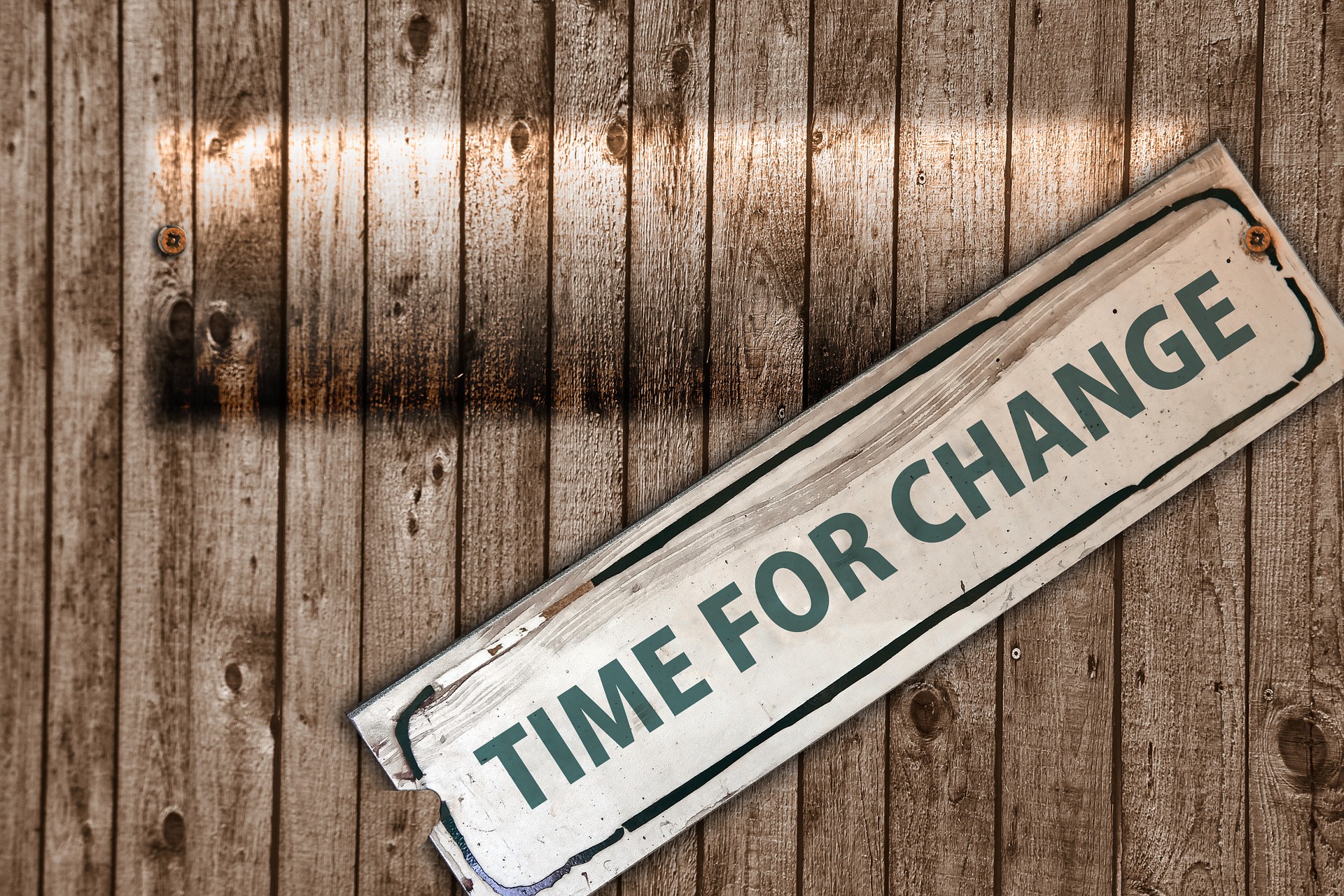
Meet the 'Data Thugs' out to Expose Shoddy and Questionable Research
Striking success has been had in catalyzing retractions by publicly calling out perplexing data and spotting anomalies in the literature.

Overselling Results is a Problem in Science
Climate skeptics, conspiracy theorists, and the anti-immunization movement are on the rise. At the same time, fraudulent research and issues with the replicability of scientific results prompt the question if science is still a reliable source for political decision-making.

Real Heroes Have the Guts to Admit They're Wrong
Science, it turns out, is an excellent place to find such people. After all, the scientific method requires you to recognize when you’re wrong - to do so happily, in fact. The story of Daniel Bolnick, an evolutionary biologist who had the courage to recognize his mistake.
Modelling Science Trustworthiness Under Publish or Perish Pressure
Analysis suggesting that trustworthiness of published science in a given field is influenced by false positive rate, and pressures for positive results. We find decreasing available funding has negative consequences for resulting trustworthiness, and examine strategies to combat propagation of irreproducible science.
Why Scientists Need to Do More About Research Fraud
More than just an academic problem: on the repercussions of scienctific misconduct on the careers of honest and hard-working scientists.

Fallibility in Science: Responding to Errors in the Work of Oneself and Others
Fallibility in Science: Responding to Errors in the Work of Oneself and Others
For science to progress, we have to accept the inevitability of error.
The Replication Crisis in Science
There have been two distinct responses to the replication crisis – by instituting measures like registered reports and by making data openly available. But another group continues to remain in denial.

Precision Medical Treatments Have A Quality Control Problem
The goal is to customize treatments for cancer and other diseases to a patient's own biology. But something as simple as failing to take care of tissue samples en route to the lab can derail that.

Want to Win a Nobel Prize? Retract a Paper. Really!
This advice is both hyperbolic and not nearly as crazy as it sounds.

One Way to Fix Reproducibility Problems: Train Scientists Better
Leonard Freedman, president of the Global Biological Standards Institute, discusses the causes of irreproducible science and his latest effort to spread best practices.
"Definitely Embarrassing:" Nobel Laureate Retracts Non-Reproducible Paper in Nature Journal
"Definitely Embarrassing:" Nobel Laureate Retracts Non-Reproducible Paper in Nature Journal
A Nobel Laureate has retracted a 2016 paper in Nature Chemistry that explored the origins of life on earth, after discovering the main conclusions were not correct.
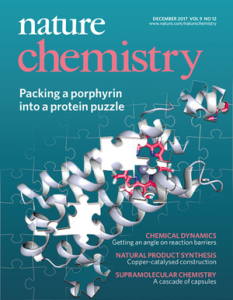
New York Psychiatry Researcher Charged with Embezzlement, Faces Jail Time
A researcher specializing in post-traumatic stress disorder is facing jail time for allegedly embezzling tens of thousands of dollars of federal grant money.

Rewarding Negative Results Keeps Science on Track
Creating a culture of replication takes prizes, grants and magnanimity — as well as publications.
'Null' Research Findings Aren't Empty of Meaning. Let's Publish Them
Science could benefit from more reporting of null findings, even if the reports were briefer and had less detail than would be needed for peer review.
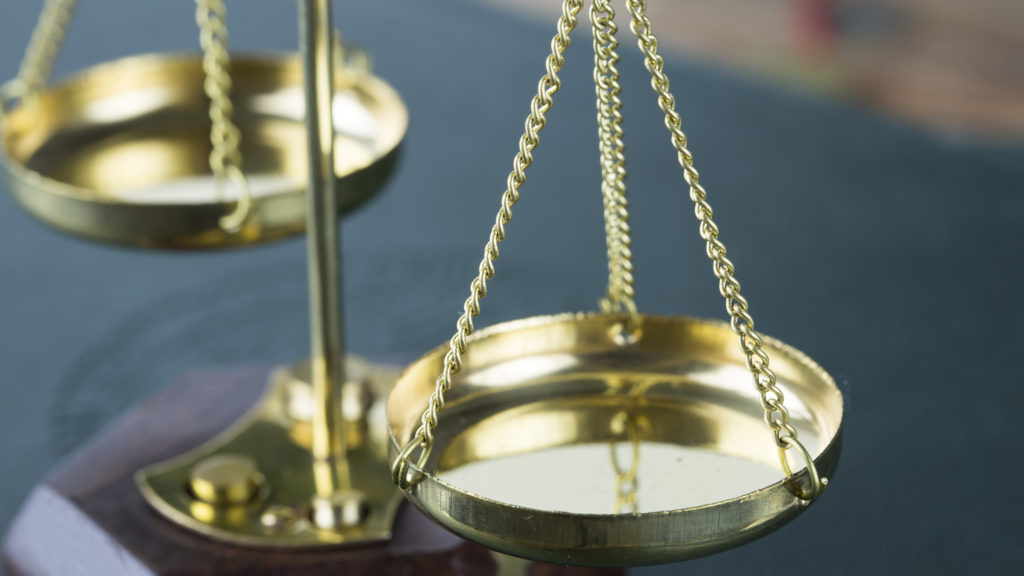
Are Scientists Doing Too Much Research?
It sounds almost absurd, but that could be one factor behind the so-called “reproducibility crisis”.

Whether Psychology Research Is Improving Depends on Whom You Ask
Whether Psychology Research Is Improving Depends on Whom You Ask
Psychologists are pessimistic about the state of their field but want to improve, a survey shows. But are new measures working?

Scientists in the Lurch After Imprecise MHRD Notice About 'Paid Journals'
A "completely confusing statement" in a gazette notification has scientists wondering which of their papers will and won't be considered towards their promotions in the future.

F1000 Research Started Publishing Registered Reports
The philosophy behind the Registered Report format is that the intrinsic value of science is in the rigor of the method, not the appeal of the results.
Retracting Bad Science Doesn’t Make It Disappear
When a scientific paper is retracted, it can produce long-term aftershocks.

